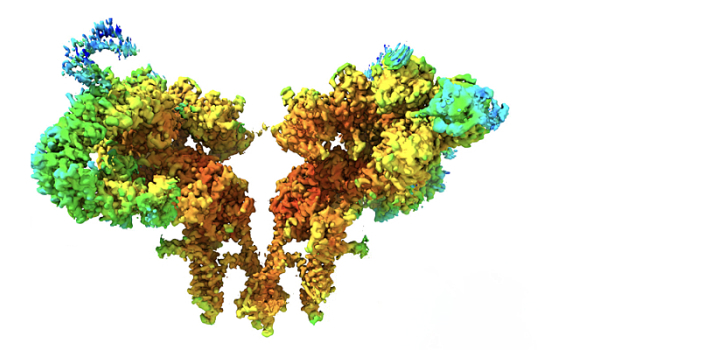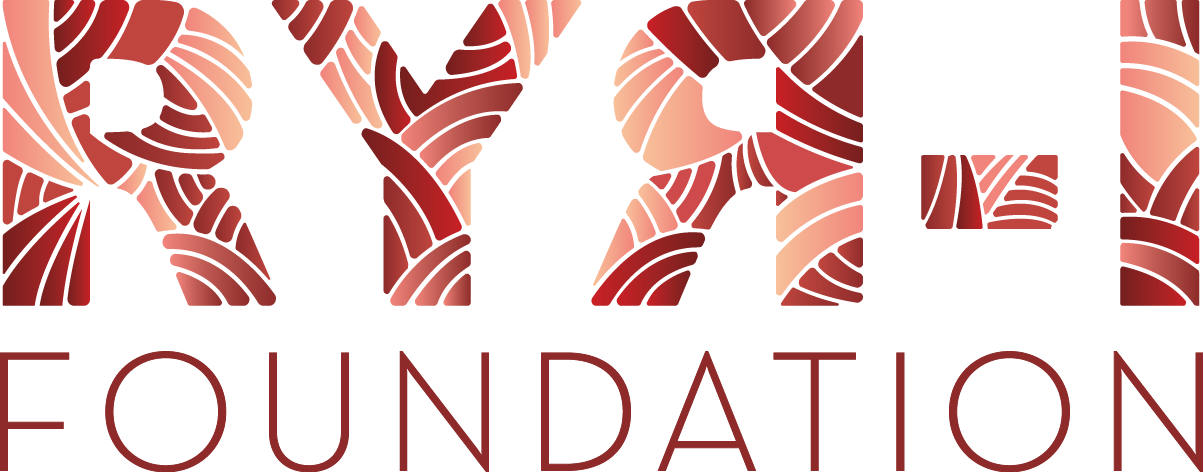The RYR-1 Foundation and Rycals

Rycals® are a class of drugs that have shown potential benefits in treating patients with RYR-1 muscle disease. Rycals® received “Orphan Drug Designation” by the FDA in August 2018.
The RYR-1 Foundation is proud to have played an important part in the advancement of Rycals®.
In 2016, The RYR-1 Foundation awarded a research grant that evaluated the effect of Rycals® on muscle biopsy samples taken from individuals with RYR-1 muscle disease. This study in the laboratory showed that Rycals® reversed muscle damage and improved the muscle function in those human samples. Read the paper summarizing this study.
In addition, this research was also the basis for the receipt of a “Bench to Bedside Award” from the NIH. The NIH grant of $150,000 helped defray costs of the human clinical trial.
The human clinical trial at NIH concluded in 2023. Were it not for The RYR-1 Foundation’s advocacy, this trial may never have occurred. Specifically, in late 2018, The RYR-1 Foundation was informed that the NIH trial for Rycals® was at risk of being permanently terminated. Working closely with the Rycal® vendor and our contacts at NIH, we immediately initiated a phone call and letter-writing campaign, ultimately soliciting the invaluable assistance of members of the United States Senate and House of Representatives. It is clear that were it not for the successful advocacy efforts of The RYR-1 Foundation, this trial would not have commenced in a timely fashion.
In summary, the initial grant from The RYR-1 Foundation has led to three major achievements:
- Discovery of a new potential treatment for RYR-1-related diseases
- Initiation of a human clinical trial
- Receipt of an NIH grant
This clinical trial demonstrated that this drug was well-tolerated by the trial participants, with no report of serious adverse events. There is also early and preliminary evidence that some subjects demonstrated increased strength while on the drug. In hopes of confirming this, early enrollees in the trial, who received a low dose of the drug, returned to the NIH to receive a higher dose. The trial has now concluded, and results were presented at the annual meeting of the World Muscle Society in October 2022. Following the conclusion of the clinical trial, a Dutch venture capital firm, Forbion, invested $35 million in ARMGO.
(Source for the “3D Schematic of the Ryanodine Receptor” graphic)
Update February 5, 2024
The RYR-1 Foundation proudly shares the groundbreaking results of the Phase 1b clinical trial on Rycal® ARM210, also known as S48168. Published in the journal eClinicalMedicine, the results demonstrated the safety, tolerability, and pharmacokinetics of 120 mg and 200 mg dosing of ARM210 daily in adult men and women affected by RYR-1-RD. Importantly, the Phase 1b trial demonstrated preliminary efficacy, particularly in the 200 mg dose group, showing alleviation of fatigue and improved proximal muscle strength in some of the trial participants. According to the authors, these promising results affirm the potential of ARM210 as a disease-modifying treatment for RYR-1-RD and warrant further development in a randomized, placebo-controlled Phase 2 trial.
Gene Marcantonio, M.D., Ph.D., Chief Executive Officer of ARMGO Pharma shared in ARMGO Pharma’s January 29 press release, “We are very pleased with the results of the RYR1-RM trial conducted together with the NIH, as the study has confirmed the safety and tolerability of ARM210, but most importantly, it has demonstrated for the first time that our Rycal®, ARM210, can reverse symptoms of this devastating, chronic muscle disease in a short treatment period. That is very promising.”

